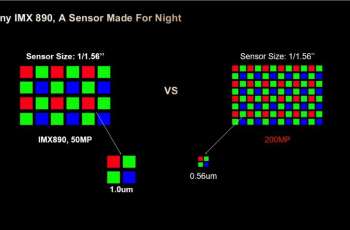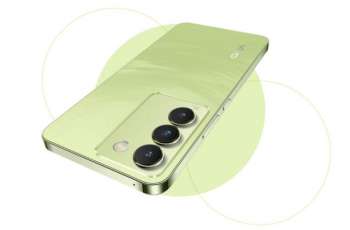MOSCOW (Pakistan Point News / Sputnik - 16th July, 2022) Separate modules of the perspective Russian Orbital Service Station (ROSS) will be docking the Zeus nuclear-powered space tug to practice an assembly of an interstellar space station, Dmitry Rogozin, the former head of Russian space agency Roscosmos, has told Sputnik.
"In the future, we will be simply lifting separate modules of the Russian Orbital Service Station to the Zeus orbit. These will be a sort of space station, like spacecraft, which Zeus will be pushing to the necessary distances,' Rogozin said.
Rogozin added that in the future flights to deep space will be carried out on spacecraft docked to propulsion systems, such as Zeus, but more advanced, powerful, and safe. These spacecraft will not be similar to those used for flights to the International Space Station, but will be space stations with life support, water, oxygen, and food regeneration systems for maximum comfort of crews, Rogozin said, adding that the spacecraft could also have elements of artificial gravity to eliminate the possibility of degradation of crews' muscle tissue during long flights.
S.P. Korolev Rocket and Space Corporation Energia is currently preparing a preliminary design of the Russian Orbital Service Station (ROSS) and is expected to complete it in the third quarter of 2023, after which it will begin the development of design documentation. The station is expected to be built in a high-latitude orbit with an inclination of 96-98 degrees to ensure the desirable observation scale of the Earth's surface.
The Zeus nuclear-powered space tug is designed for deep space flights from one orbit to another. It has been in development since 2010. The spacecraft's preliminary design is expected to be finished by July 2024 and will cost 4.2 billion rubles ($56.3 million). Zeus is expected to be sent into space for test flights in 2030.
The first mission of Zeus to Jupiter will take 50 months and will last from 2030 to 2034. Zeus and the payload module will be launched into orbit from the Vostochny Cosmodrome on separate launch vehicles. They will dock, travel to the Moon, orbit it and return to Earth. After that, another payload module will dock Zeus and the station will fly to Venus, make a gravity maneuver, and head for Jupiter's moons. The mission will be fully unmanned.



